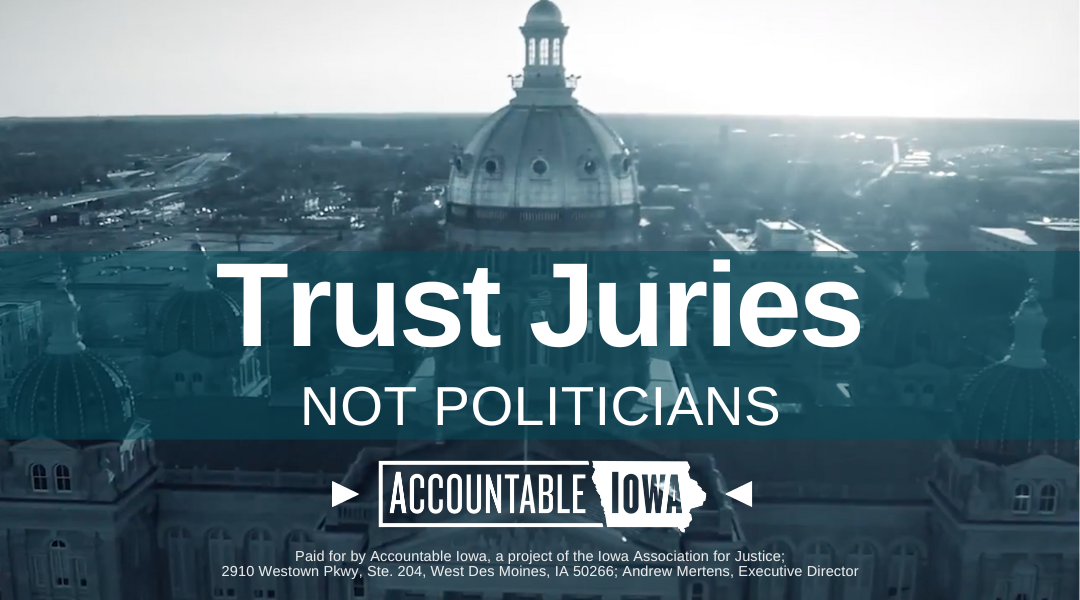Thank God we are warming back up, and hopefully y’all stayed warm during our frigid cold weather. The Capitol continues to be a flurry of committees and bills as we sort through what needs to happen this session, before first funnel. I have a handful of constituent bills that are working their way through the process and one has already passed the House floor.
I am going to be brief on my committee work and bills, for space consideration in our papers, so I can address the headline-grabbing bills. Remember, approximately 93% of the work we do at the Capitol is bi-partisan, it’s the 7% that the media and activists love to spin out of control because apparently anger, hatred and division are click-bate worthy of your time and the hate makes you donate.
In Economic Growth we passed to the Floor, to be referred to Ways and Means, the Governor’s Housing bill. We also passed the Broadband Forward/Telecommuter Forward/Dig Once bill to be considered on the Floor.
In the Information Technology Committee we ran a couple of bills, one dealt with the OCIO and defining “cloud computing”, the other dealt with adding telecommunications services and systems to Iowa Code 28F. I was also assigned a bill dealing with the development of an IXP in coordination with the ICN. That’s a bill that always stirs up the Tech community, but like I always say, everything’s on the table for consideration, so we’ll have the conversations. I understand IXPs are not a universal solution to our Internet challenges in the state, but they do complement and improve the functioning of the Internet ecosystem by offloading local traffic from congested and more expensive/distant links, thereby creating opportunities for a competitive environment.
In Appropriations we ran a couple bills on Workday and school funding, and then we had a presentation from OCIO Director Dunn on Workday.
Now, on to the Election Bill that’s creating some buzz. The House and Senate State Government Committees have started work on a bill to improve election laws in Iowa. The goal is simple, it should be easy to vote and hard to cheat. Like many big bills, misinformation is already running rampant on social media and in the papers. Although I don’t sit on State Government anymore, I’ve visited with the bill manager in the House and I’ll provide some clarity on what is in the bill and its intent.
The bill starts with strengthening election misconduct penalties for those who fail to follow the Secretary of State guidelines or those who disregard the law. Most, 95% of auditors, did an amazing job in the 2020 election and are doing the right thing. They have nothing to fear regarding this bill, as it creates a new ceiling for election misconduct that is sorely needed. Rogue auditors in Linn and Johnson Counties knowingly and egregiously broke the law by intentionally violating our Voter ID law and sending out voters’ personal information. Our auditors who are doing the job the right way should like this bill as it offers them tools they currently don’t have. Current law allows for the S.O.S to issue technical infractions that go on their permanent record and they have no recourse, this bill offers them an appeals process so they could make their case and have it removed.
Further details of the bill include; mandating voter registration maintenance (who else is sick of dead people voting) and penalties for those who fail to perform said maintenance; prohibiting pre-filled absentee ballot request forms; restricting ballot harvesting to a person living in the same house, immediate family member or qualified caretaker; absentee ballots requests beginning at 70 days (instead of 120) before election and those shall be mailed no more than 18 days before election, which is when satellite voting would now start.
Eighteen days is plenty of time to vote, the national average is somewhere between 18 and 19 days, but our Democrat friends are already out there claiming it is voter suppression. Apparently, unless you have longer than a four-month window to vote, it’s voter suppression in their eyes. Yet for years, at least half the country has been telling pollsters that campaigns are too long.
In Iowa you cannot take your vote back, and voter remorse plays a role when major events happen closer to an election. We also know campaign ads and spending ramp up significantly during voting, so I see this as shortening the intense campaign window – something constituents have commented on a lot. Access to voting is important, but so is making sure it is secure. We either have faith our vote counts, or we don’t. This bill simply looks to align us with the national average and hold those accountable who would tamper with or disregard voting laws. Long story short, Iowan’s expect us to preserve the integrity of our elections, and I will always fight for proper access and security of that right.
Now back to Education. I mentioned in the previous newsletter, last week we passed a Supplemental State Aid (SSA) increase for schools of 2.4% for the upcoming school year. This translates into an additional $36.5 million in funding this year bringing our total state aid for schools to over $3.3 billion per year. This is a significant amount of the overall state budget and where the majority of your tax dollars are being invested.
Another thing to keep in mind is the bill also included an extension of the Property Tax Relief Payment (PTRP), which has the state pick up any property tax growth in the Additional Levy portion of the school funding formula. Translation, there doesn’t need to be a levy increase.
The State Cost Per Pupil amount on which the school aid formula is based increases from $7,048 to $7,217 per pupil, but this amount will increase to $7,227 per pupil because the bill includes a $10 State Cost Per Pupil increase to narrow the District Cost Per Pupil gap. This also continues to address transportation equity costs.
On Thursday we passed a bill that will provide an additional $27.2 million for the current school year to help schools cover their additional costs. Under the proposal schools will receive a funding supplement in an amount calculated by the department of management that is proportionate to the school district’s total in-person and hybrid instruction days as a share of the statewide total in-person instruction days.
What this translates into for schools is that those districts that incurred more costs for offering in person/hybrid learning will receive a higher percentage of the additional aid based on how many in person days they were able to complete. I will continue to be a voice in support of our students and educators.
Also, we are not cutting preschool funding, there was a decrease in enrollment and we don’t fund phantom students (students who are not there). Last year there were 31,468 PK students, this year there were 27,392. We can not control how many students enroll. Simple as that.
Remember to investigate headlines and social media posts for yourself, some may be filled with half truths and over exaggerations aimed and taking down the “other party”. Just because you’ve posted an article it does not make your opinion fact, or prove much, as many journalists are activists and looking for clicks. Forming your own opinions takes work, it’s easy to rely on the loud few to drive the narrative for those too busy for political news.












